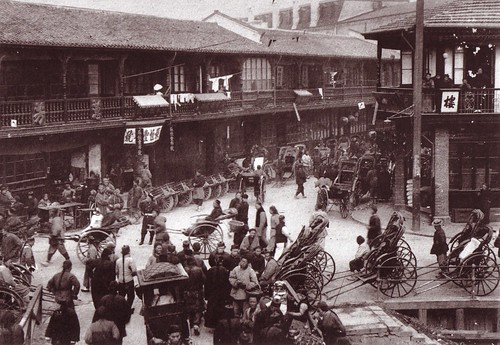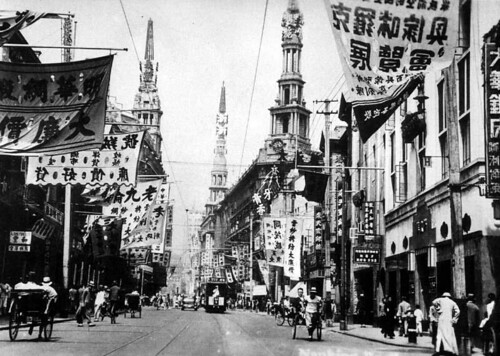 1. This is how Pearl sees emotional abuse. Do you agree with her?
1. This is how Pearl sees emotional abuse. Do you agree with her?"People say you need to be strong, smart, and lucky to survive hard times, war, a natural disaster, or physical torture. But I say emotional abuse — anxiety, fear, guilt, and degradation — is far worse and much harder to survive. This is the first time that May and I have ever experienced anything like this, and it saps our energy" (p. 43)2. Pearl is a Dragon, and May is a Sheep. Do you thik the two sisters are true to their birth signs in their actions in the novel?
3. Which sister is smarter? Which is more beautiful?
4. Each sister believes that her parents loved the other sister more. Who is right about this? Why?
5. How would you describe the relationship between Pearl and May? How does the fact that both are, in a sense, Joy's mother affect their relationship toward each other? Who loves Joy more and how does she show it?
6. There are times when it seems like outside forces conspire against Pearl -- leaving China, working in the restaurant, not finding a job after the war, and taking care of Vern. How much of what happens to Pearl is a product of her own choices?
__________
NOTE: Has everybuddy finished reading the book? If so, go ahead and talk about the whole novel.







